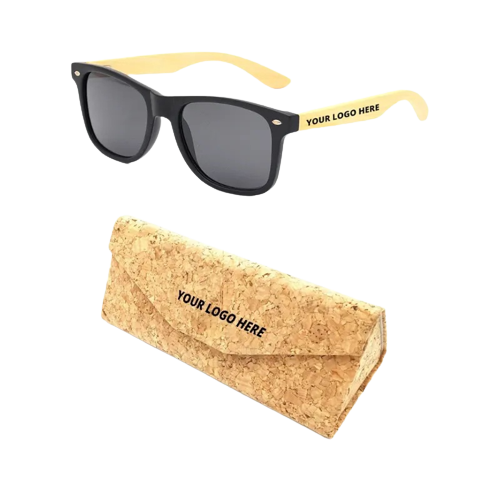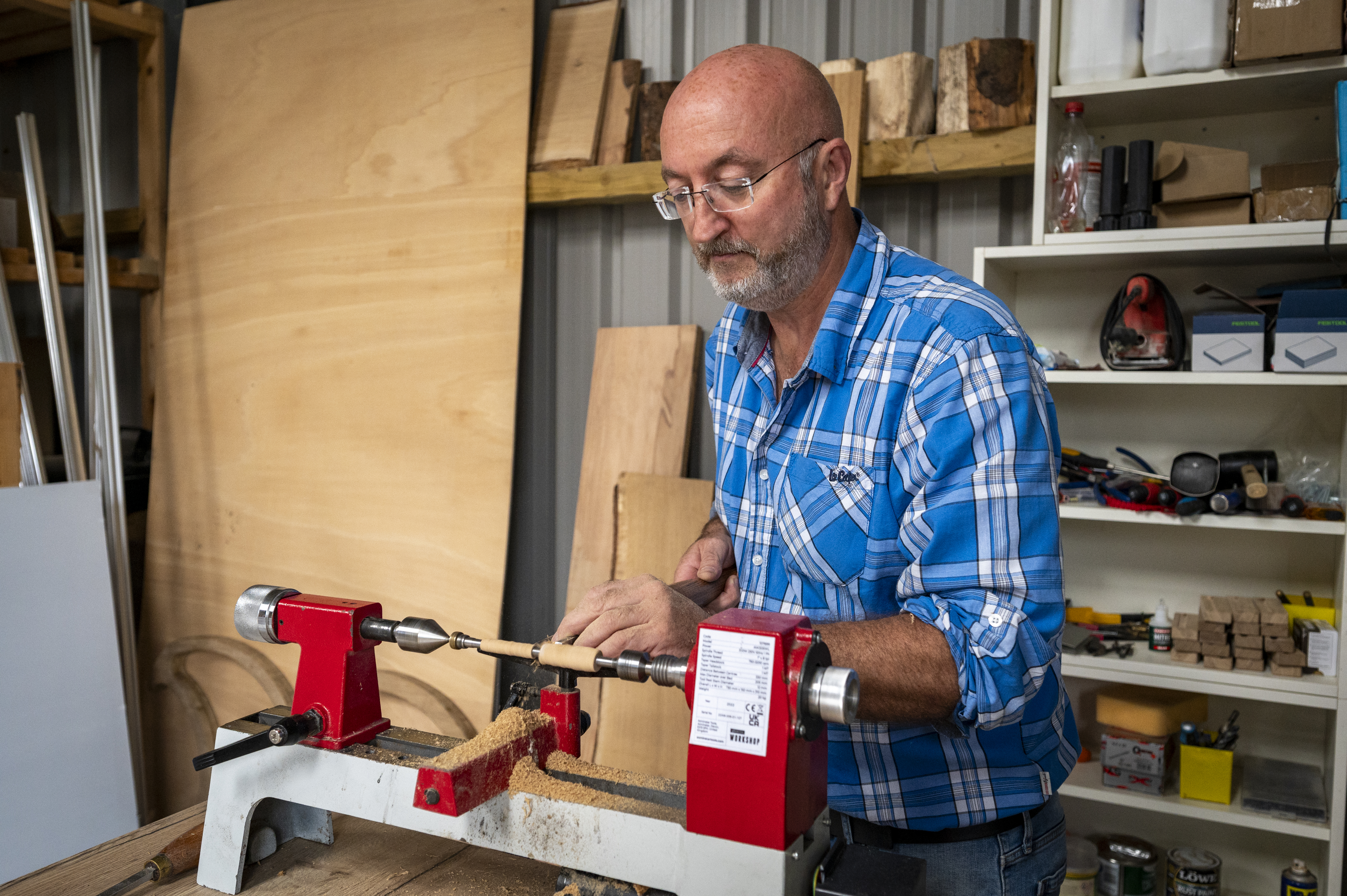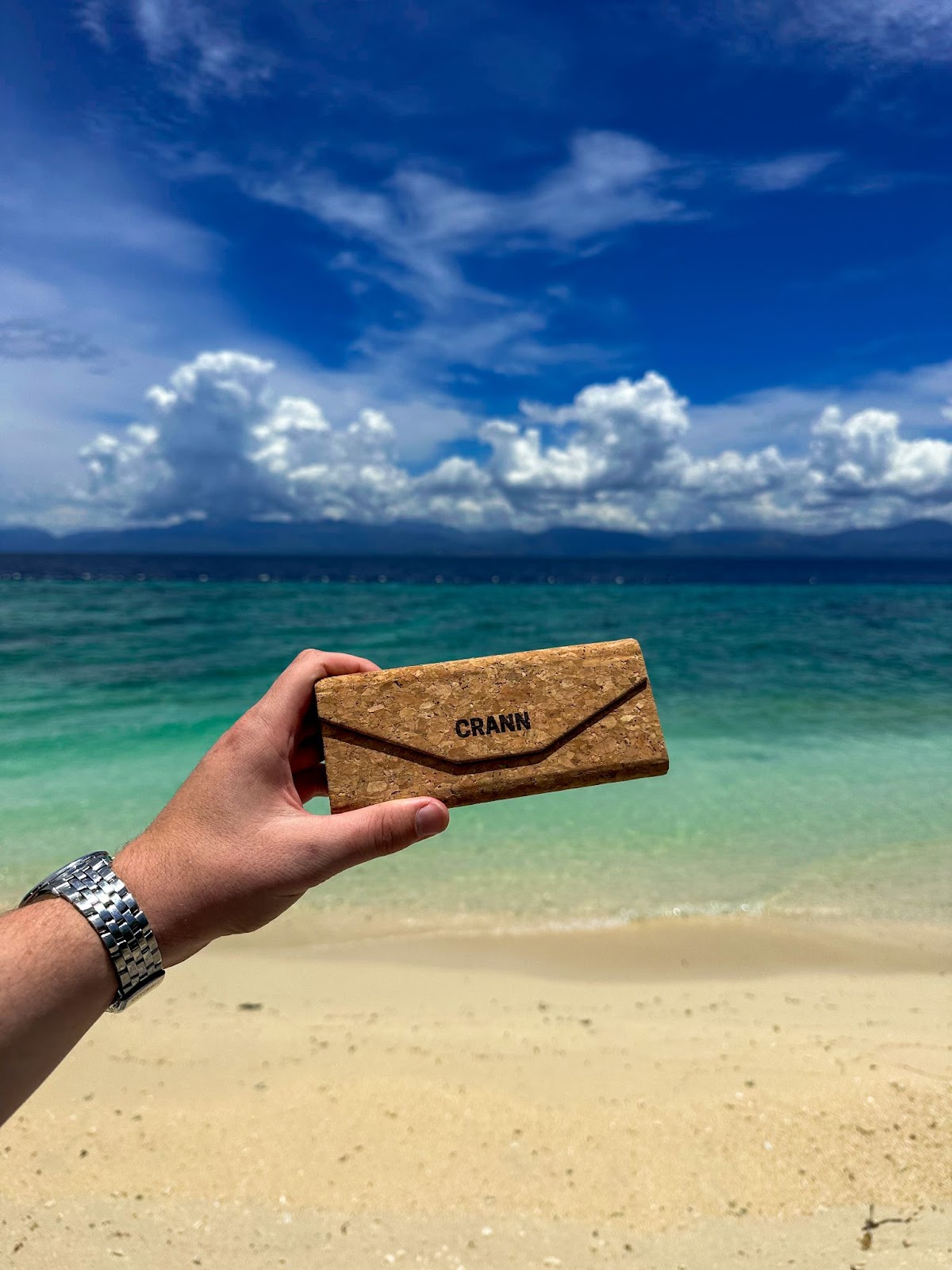Classroom Composting
This tip is probably the one that is closest to my heart.
If we are serious about fighting climate change, then food waste should be a central focus.
Each classroom can easily keep a handy small container to collect any scraps from class snacks and lunches.

Active Environmental Learning
Involve the students in active learning about the environment. Ensure that your classroom library contains books that celebrate and share amazing facts about the Earth in an age-appropriate manner.
Don’t wait for Earth Day; read appropriate articles, books and poems about recycling and climate change throughout the year.

Encourage Walking/ Cycling To School
Personally, I walk to and from school every day.
Walking/ Cycling are both great forms of exercise and can be very therapeutic.
Promoting walking/ cycling to school (where practical), can be vital in terms of sustainability for the students. Encourage the students to walk/ cycle to school by having a walk/ cycle to school chart where a sticker is added for every day that you walk or cycle to school.
At the end of each term, a certificate can be awarded to the students with the most stickers on the chart during the school assembly.
For students that are unable to walk to school unaccompanied, an alternative could be a ‘Walking Bus’. This is a safe and environmentally friendly approach to walking large groups of children to and from school. Each ‘Walking Bus’ has an adult ‘driver’ at the front and an adult ‘conductor’ at the back. Additional ‘passengers’ can be collected at ‘bus stops' along the way.

Recycling as a Craft Exercise
Rubbish exists and it is all around us. Before discarding household items; (e.g. plastic bottle caps) Pinterest, Instagram or Google will have creative lesson ideas to repurpose these items.
Another option would be to place items in a craft box and allow the students to get creative. Allow the children to create their own works of art/craft while giving a second life to what would otherwise be discarded.

Re-use Paper
Use both sides of your paper - keep a ‘one-sided copy’ bin. Anytime you’re left with papers that have one blank side (e.g. misprints), they can go into the ‘one-sided copy’ bin.
Saving paper will encourage pupils to conserve paper.

Start a School Garden
Teaching students about growing plants and food themselves can foster a deeper appreciation for their environment within the students. Children are also much more likely to eat fresh produce and try different foods if they’ve grown it from scratch.
There is no need to have massive plots of land – even the smallest school grounds can accommodate herbs and salad leaves in small tubs or planters.

Energy Efficiency
Simply, ensure to turn off classroom lights and shut down your computers/ interactive whiteboards at the end of the day. Keep your classroom doors shut to stop heat from escaping and do not block heaters (e.g. covering radiators).
Having the classroom job of an ‘Energy Saver’ can give the children the responsibility to ensure that they understand that the onus is not just on the teacher to ensure lights/ laptops etc are switched off at the end of the day!
This will also encourage pupils to employ energy-efficient behaviour in their daily lives, and hopefully, they will bring this learning into their own homes.

To conclude, I thoroughly hope that the tips I have suggested above are achievable & practical.
Children are the future & can be great agents of change. Actively encouraging children to be educationally sustainable can give them a life-long love of nature & a sense of responsibility for the planet.







